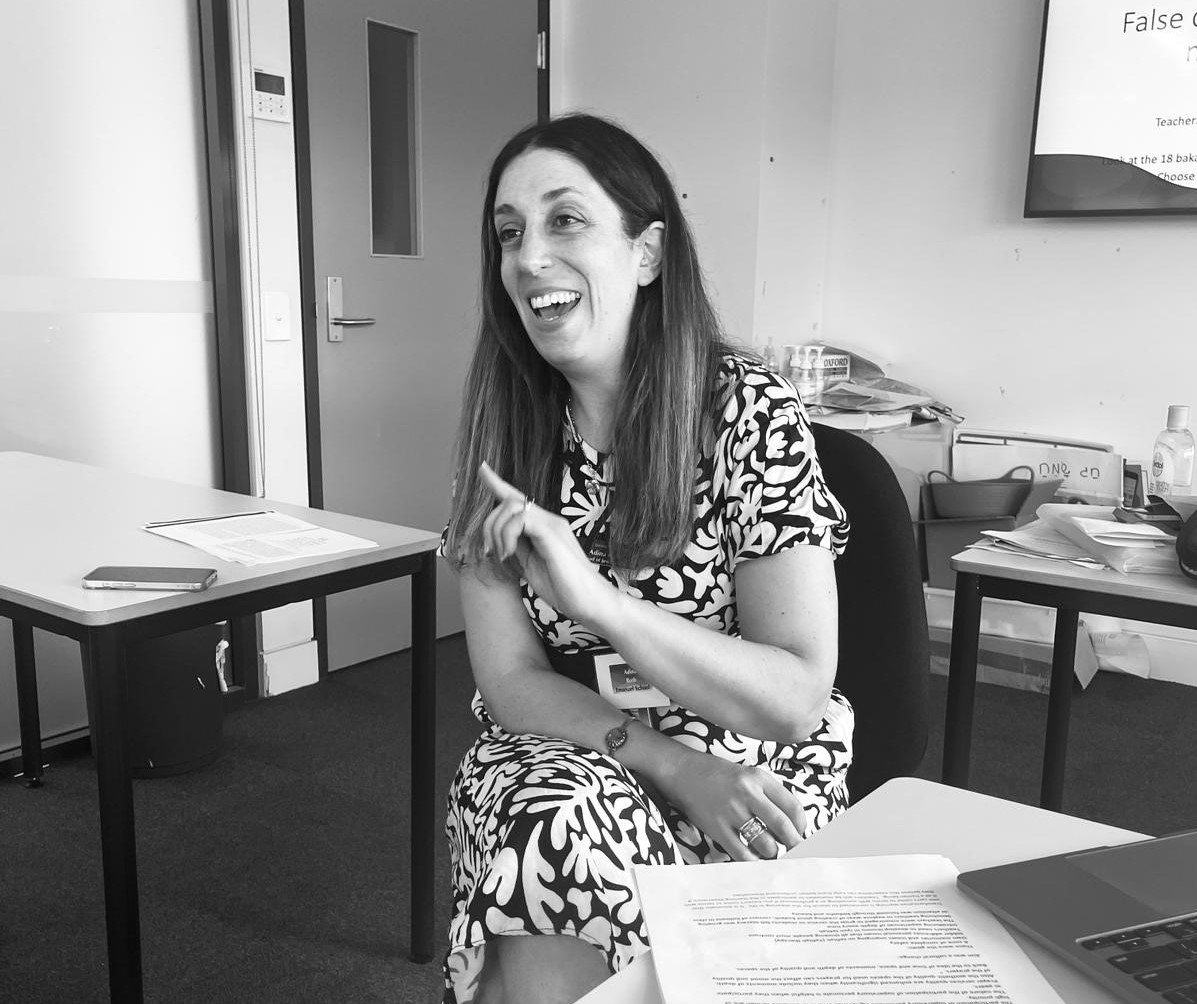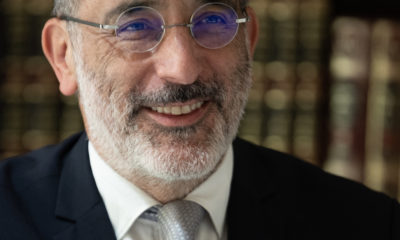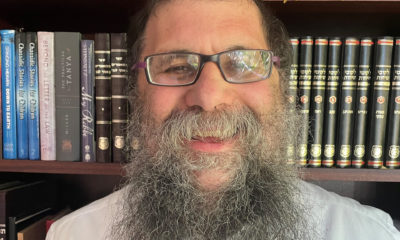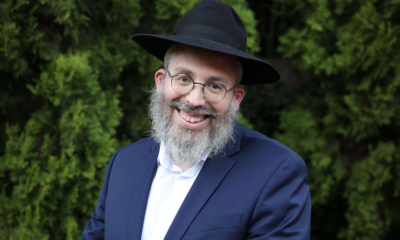
Religion

Remembering redemption in light and in darkness
The great book of Jewish mysticism, the Zohar, imagines that when Jewish people tell the story of yetziat Mitzrayim (exodus from Egypt) at the Passover seder, we bring down the angels who delight in our storytelling. Telling the story during the seder (magid), is a grand act of remembering. In fact, we’re meant to remember the exodus from Egypt every day. Most days, I struggle to remember what uniform my child is wearing, but luckily, the remembering of Egypt is built into our morning and evening Shema! However, on Pesach, we perform a grand, spectacular retelling, along with food that reminds us of the cement, the tears, and the matzah we ate as we fled in haste. Remembering is an audacious, heart-stirring activity of human longing and hope.
Indeed, so serious are we about remembering, that just as we start dreaming about granny’s kneidlach and soup during the seder, we read a teaching from Rabbi Elazar ben Azaryah. He says, “All my life I never understood why we’re told to remember the story of Pesach ‘kol yemei chayecha’ [all the days of your life].” Here Rabbi Elazar is wondering, in typical rabbinic fashion, why the word “kol” (all) is included, when simply “the days of your life” would suffice. He quotes Ben Zoma to suggest that the word “kol” encapsulates a double remembering: we remember the exodus not just during the day but also at night – and we thought night time was for Netflix! The Hasidic Rebbe Menachem Nachum of Chernobyl offers a Hasidic reading of Ben Zoma’s “kol” suggesting that telling our story in the day is about telling our story when our consciousness is in a state of illumination, bahir. In modern terms, I would understand telling the story when things are bahir as telling the story when life is light-filled, when there’s clarity and understanding of how the world works, when we have the gift of hindsight and can say we’re in a good place. It’s a tremendously rare luxury to tell the story of yetziat Mitzrayim from a place of unadulterated joy. Understanding this, the Chernobler adds that remembering is also required of us in what he calls the time of “chasheichut” (darkness). Darkness doesn’t absolve us of remembering.
There’s a particular pain and poignancy in thinking of telling the story of exodus at a time of chasheichut or darkness. For surely, while our hostages remain in the tunnels of Gaza, a pall of darkness hangs over the Jewish people. Therefore, Ben Zoma’s reading is apt. Even when times are dark, perhaps especially so, we’re enjoined to remember!
This year, as we recount the four children of the seder – the, wise, the wicked, the simple, and the one who doesn’t know how to ask, we’ll surely all remember a fifth child – the human who isn’t able to be present at the seder because they are literally held hostage in Gaza. The hostages will be holding the most dismal seder – the concrete tunnels their only charoset and their only maror being their bitter tears. Yet, I hope that somehow, the hostages will still remember the story of exodus and perhaps it will give them hope. The Chernobler enjoins us to remember in chasheichut because that’s sometimes when we need it most!
My teacher, Rabbi Dr Erin Leib Smokler, shared that she struggles with the late night start to the seder, particularly in the American summer. The children are tired, and she might be too. But she said something about the Jewish way means that our remembering and our telling is inextricably linked to telling the story in our nights. We tell the story of our redemption in the hardest of places.
I pray that if the hostages are aware it’s Pesach, they have enough spirit remaining in them to audaciously recall that the Jewish people have been in narrow places before and have been saved. Let them not lose hope! I also pray that in some mystical sense, the angels of the Zohar find their way into the tunnels, and bring the hostages comfort, paving the way for their redemption! But this year, whether they are able to tell their story or not, we need to hold onto hope and tell the story for the hostages. And for the hostages and for us, may the students come at the end of this long, dark night, and invite us to the recitation of the morning Shema. May dawn come!
Chag kasher ve’sameach.
- Adina Roth is director of Jewish Life at Emanuel School, Sydney, and is a final year student at Yeshivat Maharat, studying towards her Orthodox ordination. With thanks to her teacher, Rabbi Dr Erin Leib Smokler’s hassidut class for the ideas from the Chernobler Rebbe.










